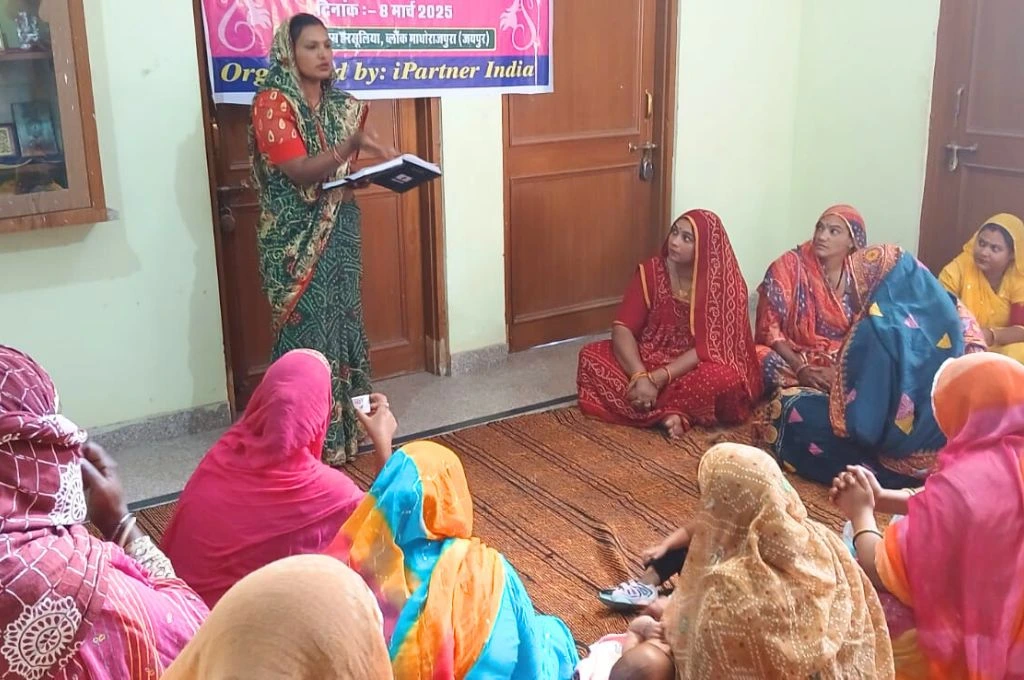Balancing multiple identities as a Nat community mobiliser

I work at iPartner India as a block coordinator and community mobiliser in the Tonk and Jaipur districts of Rajasthan. My job involves helping girls and women access education and alternative livelihood opportunities. I primarily work with my own people, the Nat community. But this isn’t always easy.
Traditionally, ours was a community of performers—singers, dancers, acrobats—but during the British colonial period, we were discriminatorily labelled a ‘criminal tribe’. This disrupted our livelihoods, and with limited opportunities, many families turned to sex work as a means of survival. The situation is such that girls as young as 13 or 14 are pushed into sex work. I’ve faced similar pressures myself, which is why I chose to help other women and girls break the cycle.
However, I feel that I’m constantly being watched. While outsiders see my work as positive, my community often accuses me of corrupting the girls and misleading families. People believe I’m changing the mahaul (atmosphere) of the village. I’ve heard them say, “Cast out Teena; stop her from inciting the community.” I have been excluded from community meetings, and I often fear that the community elders might excommunicate me from the village. But gradual changes on the ground motivate me to carry on with my work.
For example, I was working with Sonu,* who wanted to complete school. While teachers initially managed to convince her family to let her stay, there was pressure on her to drop out and start earning as soon as she entered class 10. I explained to her family that once she graduates, she will get a job and earn for them. However, they agreed to let her continue her education for only two more years. Once she graduated school, family pressure to take up sex work got even worse. This is when I shared my own story with her and reminded her that even if some close ones abandon her, there are other paths and people who will support her. Ultimately, she was ostracised by her family, but she continued her education.
In community work, lived experiences matter. I always tell the girls, “I come from your community; I know this life. If you choose sex work, you’ll become a source of livelihood for your family, but your health—mental and physical—will suffer. But if you study or learn a skill, you can have a future where you’re independent.”
As women from the Nat community who are challenging age-old traditions, our support system is limited. But even one girl breaking the shackles and going to college is a sign of real transformation for me. Conversely, when they return to sex work, it feels like a personal loss.
Nonetheless, I’m determined not to lose courage. The more I understand about the rights of women and girls, the more I want to continue to fight.
Teena Raj works as a community mobiliser at iPartner India.
*Name changed to maintain confidentiality.
—
Know more: Learn why pashu sakhis in rural Bihar don’t get paid.



